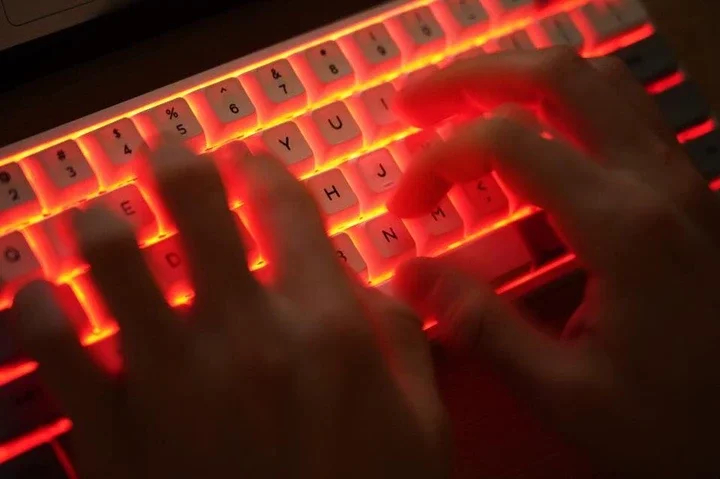
Most of us now have a number of different devices, accessing a wide spectrum of online accounts and services. Any of these can be hacked, with criminals attempting to use your identity to carry out scams and fraud. So how can you tell you've been hacked? There are a number of signs common to different accounts and devices, including unexpected logins, changes to settings that you didn't make, unauthorized financial transactions and more. We look at the warning signs that your account or device may have been compromised, and the steps you should take to put things right if it has.
What Is Hacking?
Hacking is the term for gaining access to a device, account or network by a third party. It isn't necessarily malicious - ethical hackers, for example, do this to check out an organization's potential vulnerability. Dorking, meanwhile, is usually carried out for nefarious means, but can also be a useful technique to improve search results.
Generally, though, hackers are criminals attempting to steal data - perhaps your personal information, or even your financial details. They gain access through a number of different methods, from vulnerabilities in the device or service itself, or through techniques such as phishing, where victims are tricked into giving away crucial information. If successful, hackers may use your account to lure in more victims, spread malware or even empty your bank account.
Devices At Risk Of Being Hacked
Any device that can be connected to the internet is at risk of being hacked - phones, tablets, PCs and Apple computers. It's even possible to hack smart home devices or smart cars.
Hackers have a number of motivations. Generally, it's to steal personal data, which can then be sold on the dark web to other criminals, especially if it includes passwords, credit card details or other financial information that can be exploited to carry out scams. Some devices are more at risk than others - Apple, for example, has a reputation for protecting user security well. But whatever the device, it's possible to take measures to minimize the risk.
Computer Hacked
There are a number of signs that your computer has been hacked. Often, the first sign is slow performance, or your computer freezing or crashing. Programs that you didn't install may appear, as may a deluge of pop-up ads; your password may be changed, and you could be locked out of accounts. If you have a website, you may see browser warnings, Google Search Console alerts, slow loading times, and unexpected redirects, along with the sending of spam emails. If your PC or Mac is hacked, your first step should be to unplug your machine and disconnect it from the internet. You should then change passwords and run a full virus scan.
Phone Hacked
Signs that your phone has been hacked include a fast-draining battery or overheating, indicating that it's working in the background for somebody else.
Bills may be higher than usual, and new apps may unexpectedly appear, along with unexpected notifications, unrequested 2FA codes or pop-ups. You may find that settings such as camera or microphone permissions have been changed - or even find yourself locked out of your Apple ID or Google account. If you do fall victim, you should start by changing all passwords and running a security scan; if all else fails, you should restore your phone to its factory settings.
Wifi Router Hacked
Hundreds of thousands of routers are hacked every year, with criminals generally exploiting a weak password or taking advantage of unpatched software vulnerabilities.
Your browser may keep redirecting you, you may spot increased data usage, slow internet or unusual network activity, or discover that unfamiliar devices have been connected to your wifi. Your login credentials or router settings may have been changed without your knowledge. If you suspect that your router has been hacked, you should disconnect it and give it a factory reset, and change your password. You should then use an anti-virus package to check all your devices for malware.
Accounts At Risk Of Being Hacked
Hacking accounts can give criminals access to valuable data, which they can exploit for financial gain, and allow them to spread malware or scams.
Frequent targets include Amazon, Apple ID, email, Google and Microsoft, with signs including passwords that don't work, or unexpected alerts about login attempts, password resets, or two-factor authentication. To minimize the risk and keep your accounts safe, it's a good idea to use a strong password and two-factor authentication.
Amazon Account Hacked
Signs that your Amazon account has been hacked include changes to your address, email, payment information. You may also receive notifications of password reset requests.
Other common signs of a compromised Amazon account include purchase activity that you don't recognize, or reviews you didn't write being posted in your name. If you think your Amazon account has been hacked, you should change your password, enable two-factor authentication and run an anti-virus scan. You should also chack for any unauthorized financial activity.
Apple Account Hacked
The main signs that your Apple ID has been hacked are access by a device you don't recognize or a password change that you didn't make. You may also spot unauthorized purchases on the App Store or iTunes.
And if your Apple ID is hacked, it will give the criminals access to all your Apple devices, from a MacBook to an iPad or iPhone. If this happens to you, you should change your password, check your account information is correct, and, if you can't then access your account, go to account.apple.com, then iforgot.apple.com for help.
Email Account Hacked
Signs that your email account has been hacked include being unable to log in, unexpected or missing emails, unexpected changes to your password or account settings or alerts from your email provider itself.
If it happens to you, change your password and run a virus scan. You should be able to recover your account by contacting your email provider and asking for a password reset.
Google Account Hacked
Signs that your Google account has been hacked include a password that no longer works, changes to your personal account or an alert from Google that there's been a sign-in to your account from a new device.
You should sign into your account if you can, change your password and turn on two-step authentication. Scan for and delete any malware, and visit Google's account recovery page to regain control.
Microsoft Account Hacked
There are a number of signs that your Microsoft account may have been hacked, including a notification from the company itself about potentially suspicious activity, for example a log-in from a new location. Emails you didn't write may be sent from your account, or your profile information changed.
If your account is hacked, you should change your password, enable multi-factor authentication and update security settings. If you can't access your account, you should be able to recover it here.
Netflix Account Hacked
Signs that your Netflix account has been hacked include an email from Netflix itself, perhaps alerting you that a device has signed in from an unfamiliar location, changes to your payment method or perhaps being locked out altogether.
You should immediately change your password and then sign out of all devices, remove any unauthorized payment methods through the Manage payment methods section, and contact Netflix support to report the suspicious activity.
Social Media Platforms At Risk Of Being Hacked
Social media accounts are a popular target for hackers, thanks to the vast amount of personal information they hold and the ability to use a compromised account to carry out scams and fraud.
All platforms - from X and LinkedIn to WhatsApp and Snapchat - are vulnerable, though Facebook, Instagram, and Xr are the most frequently hacked. Staying safe is a matter of taking basic security measures like having a strong password and two-factor authentication, avoiding giving too much information away on social media and never reusing passwords from one site to another.
Facebook Hacked
Signs that your Facebook account has been hacked include messages from Facebook itself, changes to your profile information or strange messages being sent to your contacts.
If it happens, you should change all your passwords immediately and tighten up your privacy settings. You should also warn friends and family to avoid engaging with any messages from your account. If you can't access your account yourself, you'll need to go to this Facebook help page, where you'll be led through the process to recover your account.
Instagram Hacked
Instagram is one of the most-hacked social media platforms, and it's usually easy to spot if it happens to you. You may discover that you can't log into your account, or posts, reels or stories that you didn't make may appear.
If you can still log in, you should change your password and turn on two-factor authentication. If you can't log in, there are a number of steps you can take, depending on your type of account. If you've had a message from Instagram telling you that your email address has been changed, you may be able to fix this by clicking the "Secure my account" link in the message. You can also ask for a login link or security code to be sent to the email address or phone associated with your account.
LinkedIn Hacked
You may discover that your LinkedIn account has been hacked via a message from the company, or because of suspicious activity on your profile, difficulty logging in or complaints from contacts about strange or spammy messages coming from your account.
You should report the problem to LinkedIn here, change your password and review your active sessions to see where you're signed into LinkedIn right now. You should review all the email addresses and phone numbers associated with your LinkedIn account to make sure you can receive password reset messages from LinkedIn. Look out for, and delete, any rogue messages or posts on your account, and let all your contacts know what's happened.
Reddit Hacked
Signs that your Reddit account has been compromised include apps on your profile that you don't recognize or unusual IP history on your account activity page. You may start seeing votes, posts or comments that you didn't make, or receive an alert from Reddit itself.
If you think your account has been hacked, you should contact the company - although users report that getting your account back can take up to a month. You should also change passwords and alert any other users that you interact with that your account has been hacked.
Snapchat Hacked
Signs that your Snapchat account has been hacked include spam being sent from your account, new contacts appearing or unauthorized changes to the mobile number or email address associated with your account. You may also get an alert from the company telling you that someone has logged in to your account from an unfamiliar location, IP address or device.
If you realize that your Snapchat account has been hacked, you should change your password and enable two-factor authentication. Verify your email and mobile number, and check for any unauthorized linked devices.
WhatsApp Hacked
Signs that your WhatsApp has been hacked include strange activity on your account, such as messages from unknown contacts, unread messages marked as read or receiving unsolicited verification codes. You may spot an unfamiliar device logged into your account or changes to your profile information.
Recovering a WhatsApp account is usually pretty straightforward - you just need to sign into WhatsApp with your phone number and you'll be sent a six-digit code via SMS or a phone call to allow you to re-register.
X (Twitter) Hacked
Signs that your X account may have been hacked include a password that won't work, unauthorized tweets or direct messages from your account, unexpected actions like follows or blocks and notifications from X itself.
You'll need to change your password, make sure that the email address linked to your account is secure, check for viruses and revoke access for any third-party applications that you don't recognize. If you're still having problems, you can contact X's support team here for help.
Bottom Line
The more devices and accounts you have, the more likely you are to be hacked. It's a good idea to stay alert to the warning signs. But if it does happen to you, it's usually fixable if you know the right steps to take.


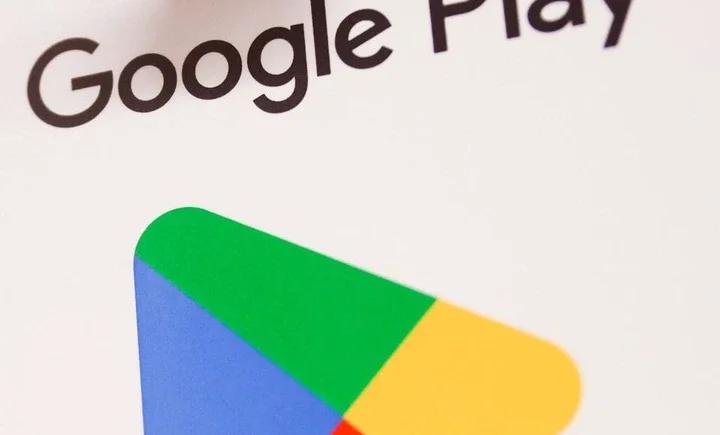
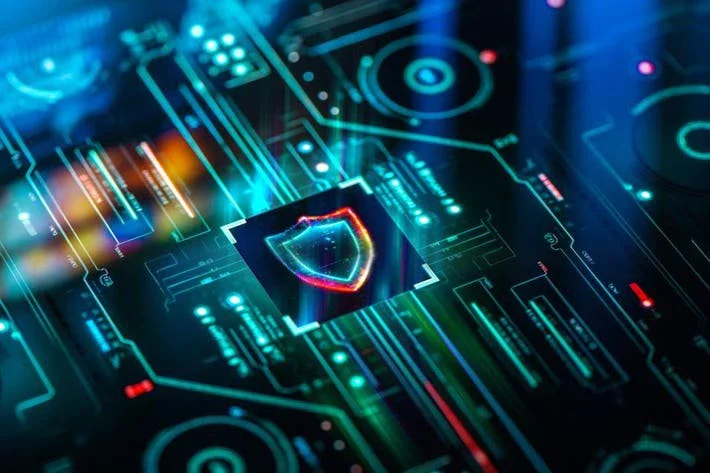

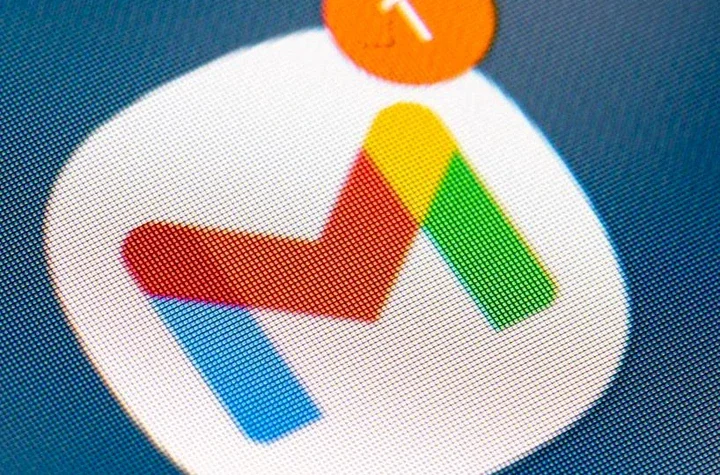
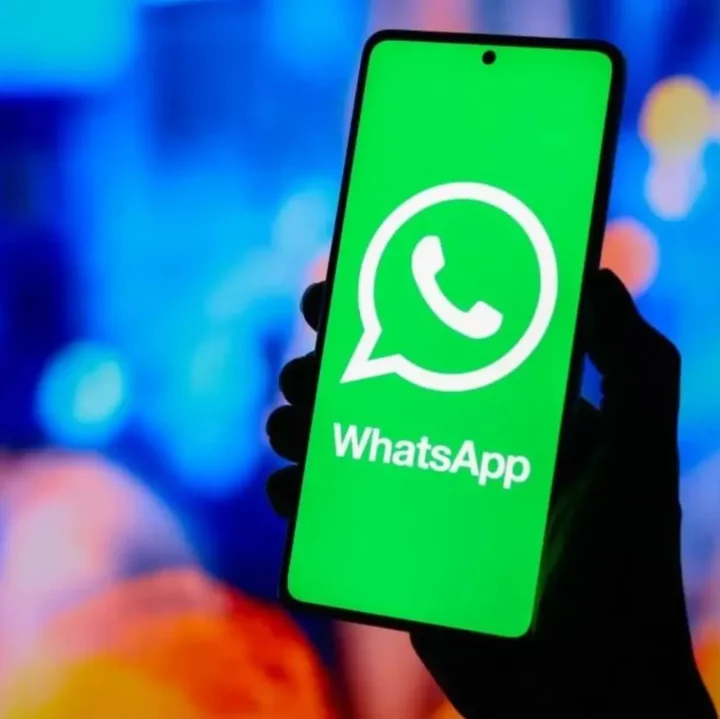






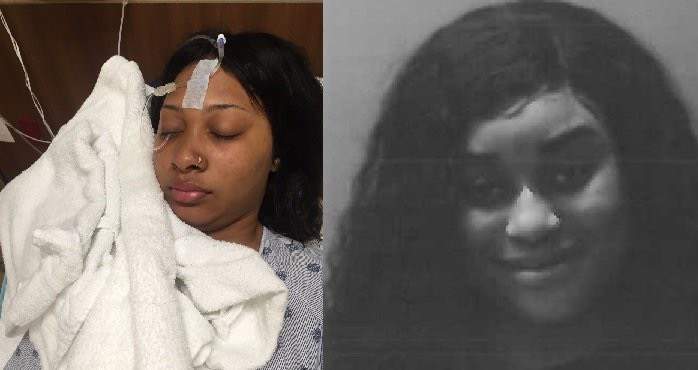


Comments